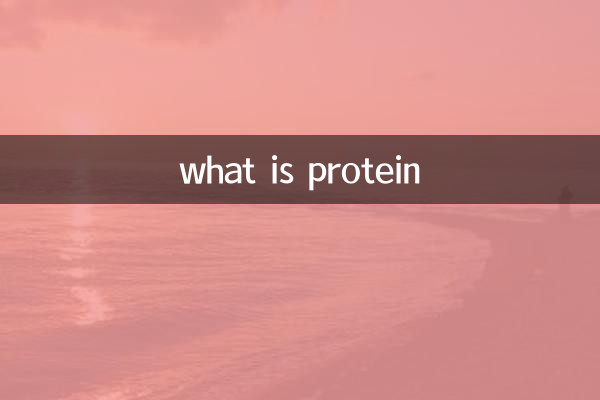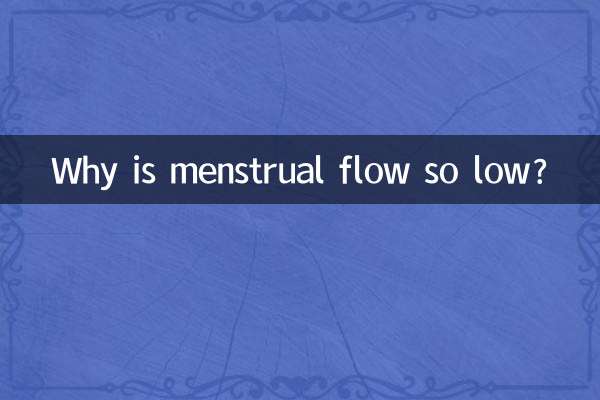what is protein
Protein is an indispensable and important substance in living organisms. It participates in almost all biological processes, from the construction of cell structures to the catalysis of enzymes to the defense function of the immune system. In recent years, with the rise of healthy eating and fitness crazes, the importance of protein has been widely discussed. This article will combine the hot topics and hot content on the Internet in the past 10 days to give you a detailed introduction to the source, function and scientific intake of protein.
1. Basic concepts of protein

Protein is a macromolecular compound composed of amino acids and is the main carrier of life activities. There are 20 different amino acids in the human body, 9 of which are essential amino acids and must be absorbed through food. There are many types of proteins with diverse functions. The following are the main classifications of proteins:
| protein type | Function | primary source |
|---|---|---|
| structural protein | Build cells and tissues, such as collagen | Meat, fish, eggs |
| Enzyme protein | Catalyze biochemical reactions, such as digestive enzymes | in animals and plants |
| immune protein | Participate in immune defense, such as antibodies | blood, dairy products |
| transport protein | transport substances, such as hemoglobin | blood, beans |
2. Popular protein topics on the Internet
In the past 10 days, discussions about protein have mainly focused on the following aspects:
| hot topics | focus of discussion | heat index |
|---|---|---|
| Plant protein vs animal protein | Which one is better for fitness and health | ★★★★★ |
| High protein diet for weight loss | The relationship between protein intake and weight management | ★★★★☆ |
| protein supplements | Choice of protein powder and amino acid supplements | ★★★☆☆ |
| Protein and immunity | How to boost immunity with protein | ★★★☆☆ |
3. Main food sources of protein
Protein is widely found in animal and plant foods. The following are common high-protein foods and their contents:
| food name | Protein content (per 100g) | Type |
|---|---|---|
| chicken breast | 31 grams | animal protein |
| salmon | 25g | animal protein |
| eggs | 13 grams | animal protein |
| tofu | 8 grams | plant protein |
| Lentils | 9 grams | plant protein |
| Almonds | 21 grams | plant protein |
4. How to scientifically consume protein
Protein intake needs to be adjusted based on an individual's age, gender, weight and activity level. The following are recommended daily protein intakes for different groups of people:
| crowd | Recommended intake (g/day) | Remarks |
|---|---|---|
| average adult | 0.8-1.0g/kg body weight | Basic needs |
| fitness enthusiast | 1.2-2.0g/kg body weight | Muscle repair and growth |
| pregnant woman | 1.1 g/kg body weight | fetal development needs |
| elderly | 1.0-1.2g/kg body weight | Prevent muscle loss |
5. Common misunderstandings about protein
When it comes to protein intake, many people have the following misunderstandings:
1.The more the better: Excessive intake of protein can increase the burden on the kidneys and even lead to metabolic problems.
2.Focus only on animal protein: Plant protein is equally important and contains more dietary fiber and antioxidants.
3.Ignore protein quality: You should choose high-quality protein rich in essential amino acids, such as eggs, milk, soybeans, etc.
4.Take plenty of supplements immediately after exercise: Protein synthesis is a continuous process and there is no need to consume large amounts immediately after exercise.
6. Conclusion
Protein is an important nutrient for maintaining life activities, but scientific intake is the key. Whether through food or supplements, you should combine your own needs with a reasonable combination of animal and plant proteins to achieve the best health effects. Hopefully this article will help you better understand protein and make smart choices in your daily life.

check the details

check the details